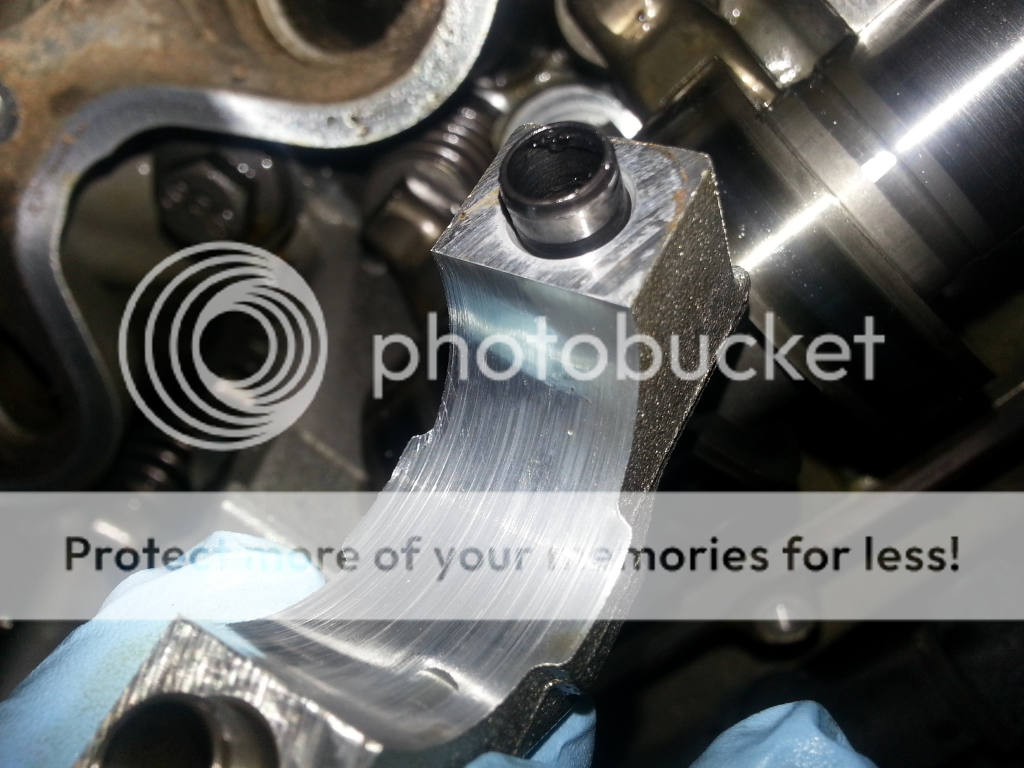Originally Posted By: chainblu
Normally HV pumps are used when you increase the total capacity of your oil system. Like adding oil coolers or a remote filter setup. They CAN be used to restore oil pressure to an engine with worn bearings, but it's not recommended.
Having said that, I once put a HV pump in a junkyard Chevy 350 that could only muster 25 psi at speed. (10 psi at idle) Pressure increased to over 50 psi. That engine lived to see several bottles of nitrous run thru it and was still purring along 10 years later when I pulled the engine out.
And there lies the best reason for a high volume pump. Keeping a worn engine functional.
Originally Posted By: Imp4
It seems that you're missing the gratuitous comment about designing oil pumps that bypass oil around their back plates adding up to problems.
Believe it or not, I did not dismiss the oil pump's shortcomings as a major factor in the 5.4's problems. However, it's not the only problem. I mentioned that "some owners" use higher viscosity oils. I don't claim this fixes or repairs mechanical problems. Only that it helps keep a bad engine alive.
My only mistake was not choosing my words properly. "One way to combat this" is not really an accurate statement. I should have simply said that "Some owners use a higher viscosity oil to quiet down an engine with mechanical problems".
Originally Posted By: Imp4
From a design perspective and as part of any DFMEA we would identify the bypass back plate failure mode as a much larger contributor to overall component and end item failure.
That's because you probably don't have the complete picture yet. It matters not if the oil pump leaks, if pressure is within spec when new. The problem is multi faceted, and unfortunately, engine wear also plays a role. Quite simply, and sadly, the poorly designed oil pump is not the only chronic problem.
Leaky tensioner:



